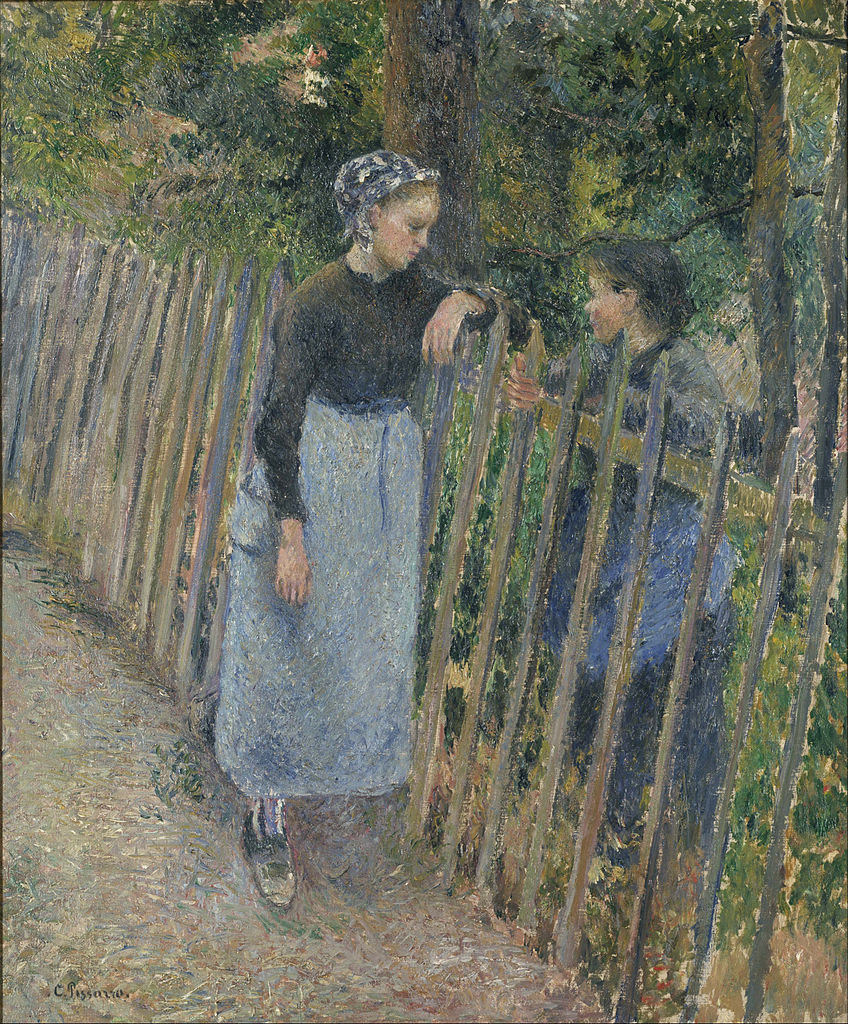
The long-term goal of my mindfulness practice is moment-by-moment mindfulness throughout daily life. At times it’s felt very effortful, but lately I’m struck by how much surrender is involved. Settling. Accepting. Resting in this moment.
It means being willing to be with the relentless uncertainty and unfinished business of life. Life is messy. I’m not perfect. There will always be loose ends.
Resting in the moment also means being willing to feel my emotions. A moment of excitement. A moment of fear. Joy. Grief. Enjoying the pleasant ones, but letting them go. Allowing the unpleasant ones to come, knowing they too will pass. Valuing feeling over feeling good.
Continue reading



 A student recently asked me to share my thoughts on “happiness independent of conditions.” This phrase is widely used in meditation circles, but many people have only a vague intellectual sense of what it means, or worse, a belief that it’s an unattainable goal.
A student recently asked me to share my thoughts on “happiness independent of conditions.” This phrase is widely used in meditation circles, but many people have only a vague intellectual sense of what it means, or worse, a belief that it’s an unattainable goal.
 Most people, most of the time, treat conversation as a form of information exchange. You tell me what you're having for dinner tonight, I tell you what I did at work today, you tell me where you went on your vacation, etc. The assumption is: the value of connection comes from the content we exchange.
Most people, most of the time, treat conversation as a form of information exchange. You tell me what you're having for dinner tonight, I tell you what I did at work today, you tell me where you went on your vacation, etc. The assumption is: the value of connection comes from the content we exchange.
 I woke up yesterday morning to
I woke up yesterday morning to 
